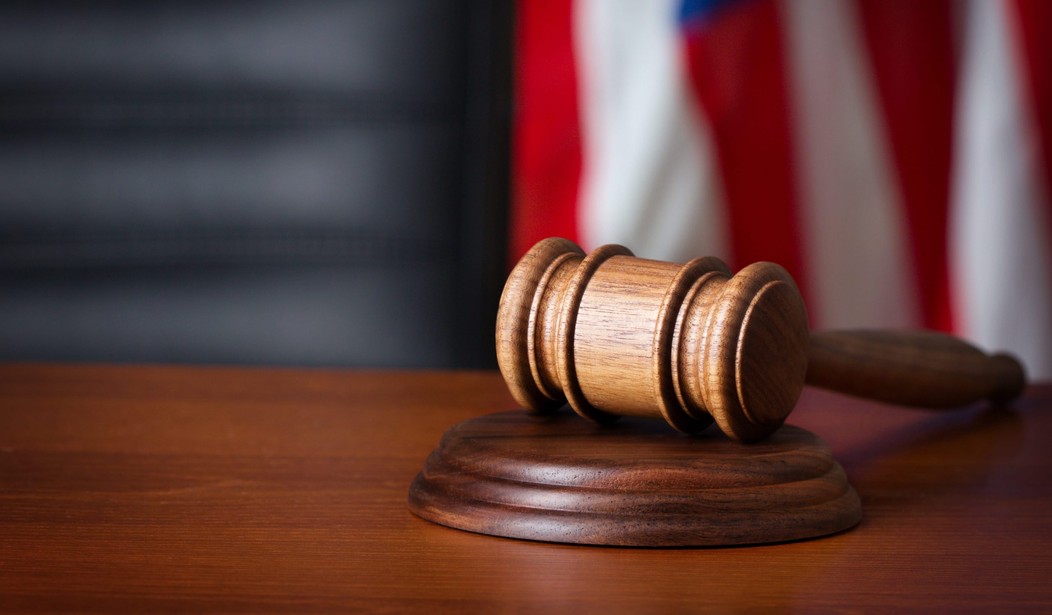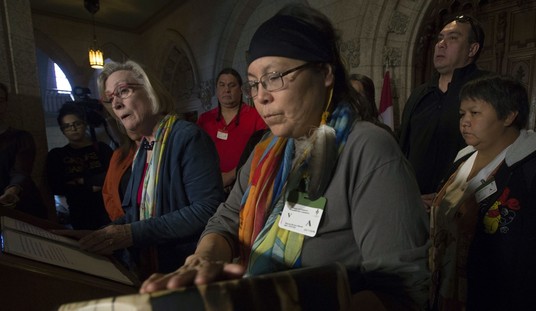The Trump administration is being sued by a pair of documentary film organizations over a rule that went into effect this year that requires applicants for U.S. visas to give immigration officials social media user names, including all pseudonyms, across 20 platforms like Facebook and Twitter.
The suit claims that people have a right to privacy when it comes to social media — especially those from authoritarian regimes who might not want to use their real names on their social media accounts.
“Many people use pseudonyms on social media so that they can speak anonymously about sensitive or controversial issues, and so that they can shield themselves or their families or associates from possible reprisals by state or private actors,” the plaintiffs wrote. “The registration requirement effectively conditions their eligibility for U.S. visas on their readiness to surrender their online anonymity.”
It’s an interesting argument, but is it realistic? To believe that someone from Iran would have their private information disclosed to the Iranian government isn’t realistic.
“Those who use pseudonymous identifiers must take into account that they will have to relinquish their online anonymity to U.S. officials when they submit their visa applications, and they must also consider the risk that U.S. officials will disclose their social media identifiers to foreign governments, reveal the identifiers inadvertently, or fail to protect the identifiers from third parties who might access them unlawfully.”
The government is supposed to protect visa applicants from hackers? Making that a condition for applicants would mean the only information immigration authorities would get would be someone’s first name. It’s not possible and the plaintiffs know it.
As for the U.S. government informing other nations of an applicant’s social media information, that can’t be very likely, and would be an extremely rare occurrence.
The real question is would such a rule help protect America and American citizens? In 2015, a terrorist attack occurred in San Bernardino, Calif., that killed 14 and wounded 22 at the Inland Regional Center. The married couple, Syed Rizwan Farook and Tashfeen Malik, made their motives clear on social media. Director of the FBI at the time, James Comey, told a congressional hearing on the shooting in 2016:
“We can see from our investigation that in late 2013, before there is a physical meeting of these two people [Farook and Malik] resulting in their engagement and then journey to the United States, they are communicating online, showing signs in that communication of their joint commitment to jihadism and to martyrdom. Those communications are direct, private messages.”
Is it worth a small risk of exposing someone’s social media information to a government hostile to human rights to stop a terrorist? It’s a serious dilemma but a risk worth taking. I don’t see the danger to individuals seeking to hide their identity — unless they make clear their violent intentions. In that case, they would be denied a visa, and the policy would have been shown to be the correct one.










Join the conversation as a VIP Member